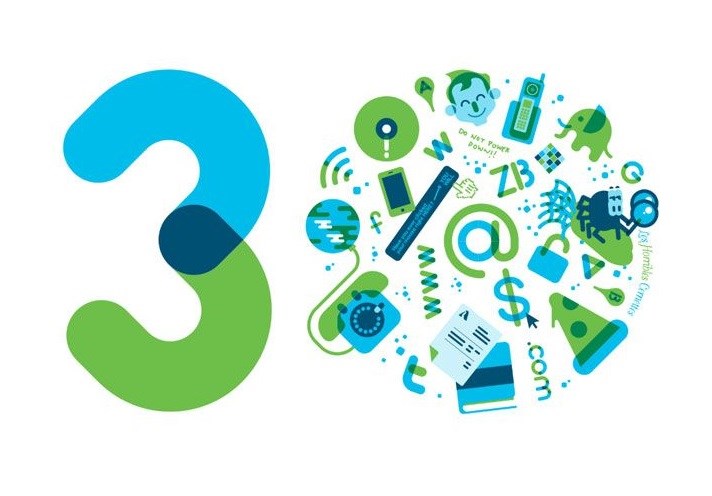
Top stories



ESG & SustainabilitySouth Africa’s carbon tax should stay: climate scientists explain why
Britta Rennkamp et al. 1 hour



More news



















Whilst the web has delivered many ‘firsts’, from the first website (info.cern.ch in 1990) and the first online takeaway order of pizza in 1994, to the first internet connection in space in 2010, people’s ambitions for the internet’s future overwhelmingly highlight what it can make possible for society.
Enabling ‘better access to education’ tops the list of South African respondents’ aspirations for the future of the internet (83%). This figure is far higher than any other country surveyed.
The average across the 13 countries surveyed for enabling ‘better access to education’ was 63%.
Notable findings specific to South Africa were:
“Cisco has built, and continues to build, the internet as we know it today. In South Africa, we are dedicated to build networks and bring technology solutions that address citizens’ needs. But we also see beyond technology: in education for instance, Cisco committed to training 10 million people worldwide for jobs in the digital economy over the next five years, including one million in Africa. Through Cisco’s Networking Academy, over 62,000 South African students (29% of whom are female) have been trained with technical skills so far,” says Clayton Naidoo, Cisco’s general manager for sub-Saharan Africa.
Based on the survey of respondents across 13 countries in Europe, the Middle East and Africa (EMEA), the findings showcase the enormous impact that the World Wide Web, as the largest application on the internet, has had in connecting people and information, over the last 30 years.
“We live in a hyper-connected world. By 2022, we are going to see more traffic crossing global networks than in the entire history of the internet combined. This traffic comes from all of us, and increasingly, our machines. The survey shows the impact that the World Wide Web and the internet has had on our lives, and what people expect for the future. To realise that potential, organisations – be it in healthcare, education, or any other industry - must be able to understand the power of connections and securely extract value from them. In addition, they need to manage the complexity that comes with the explosion of connecting people, places, ideas and things across a network,” said Wendy Mars, SVP, Cisco